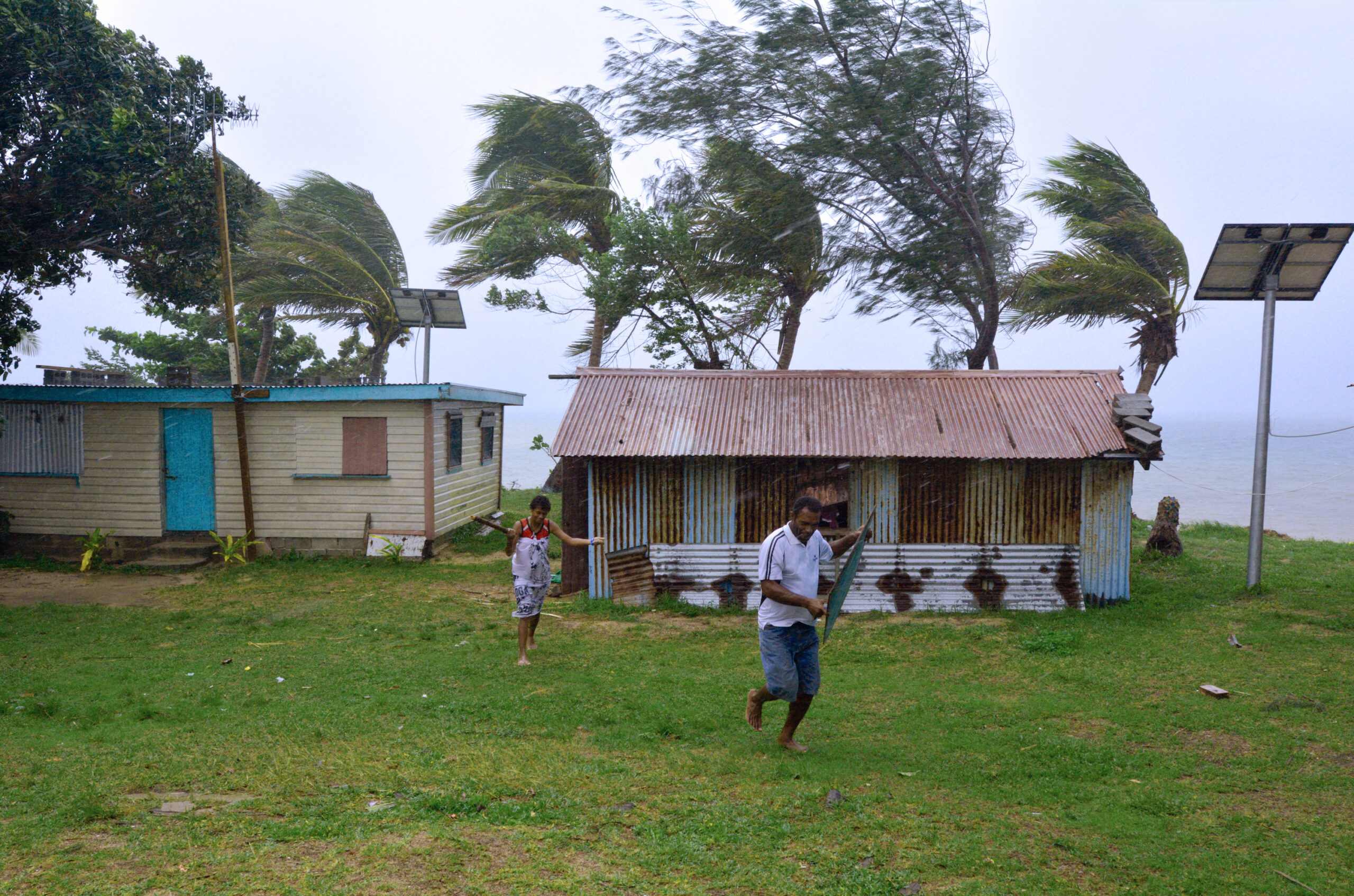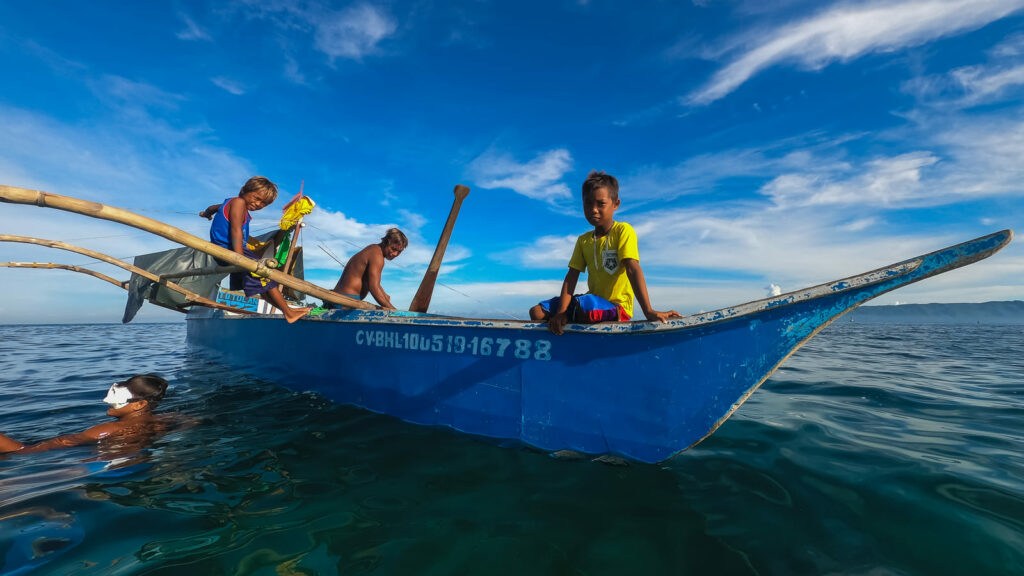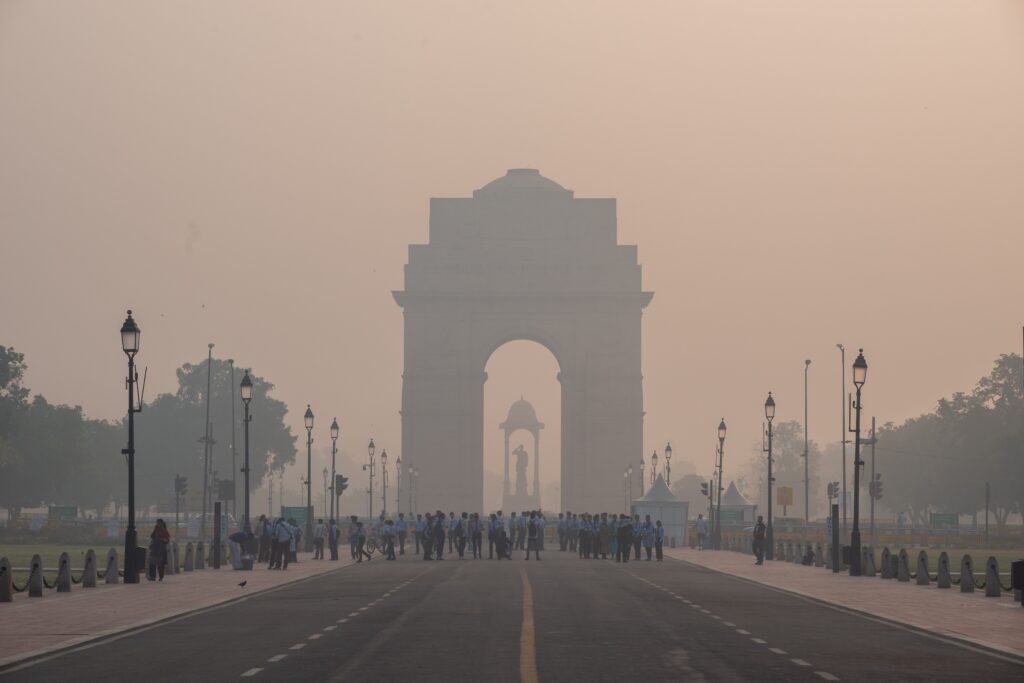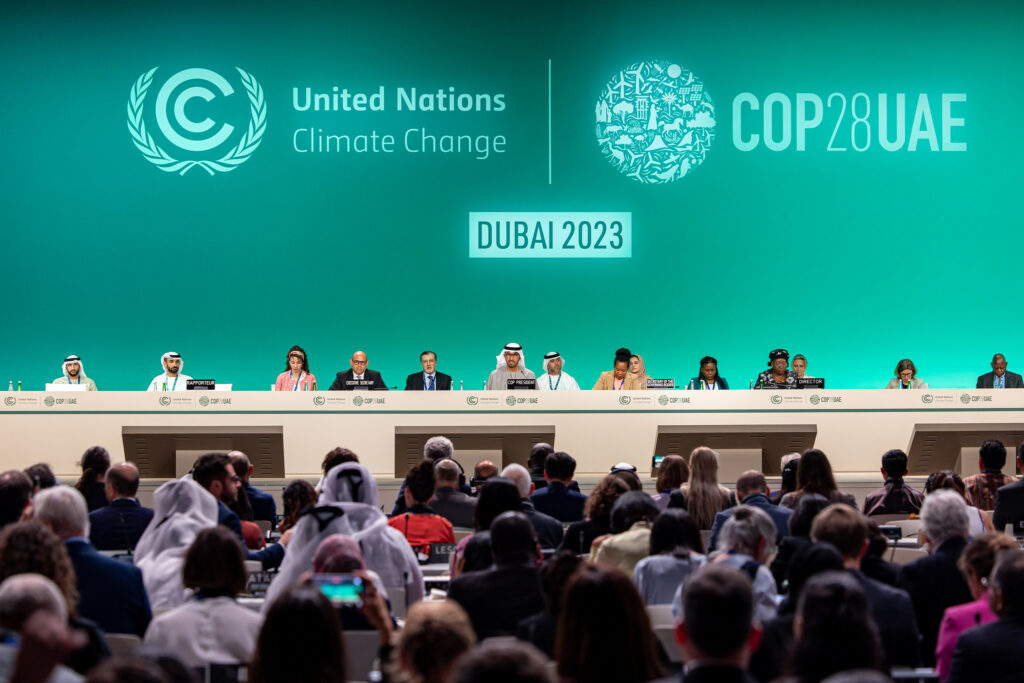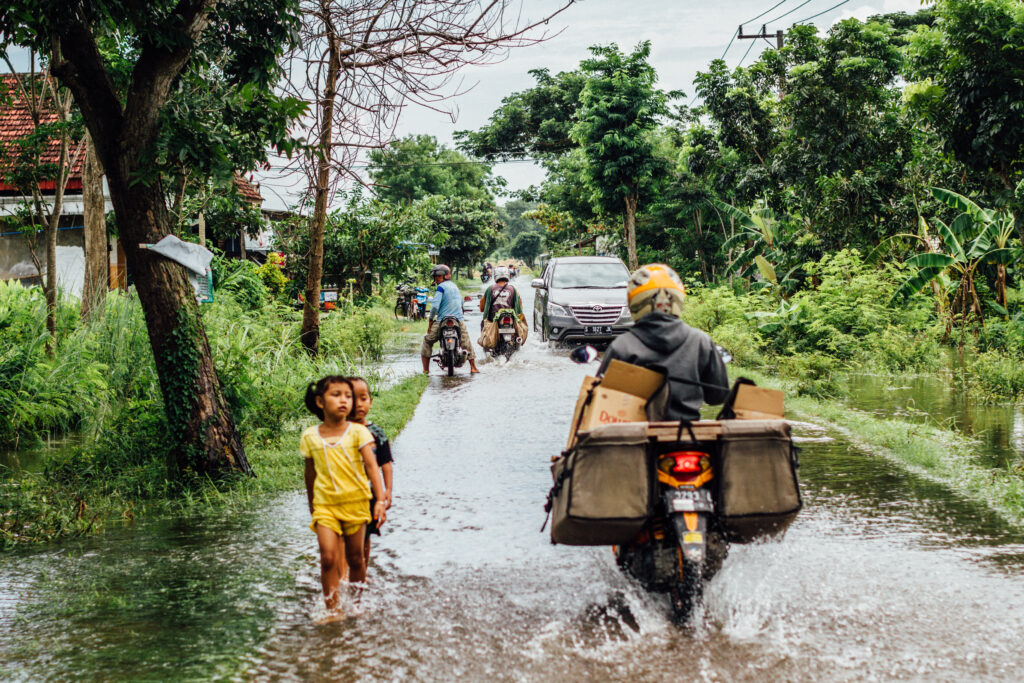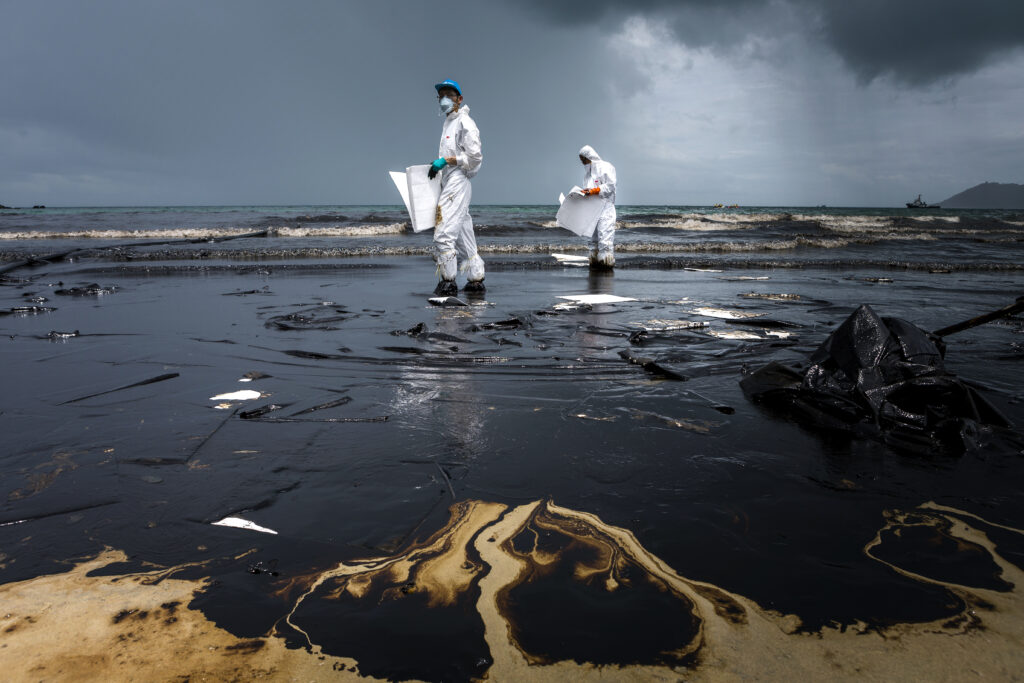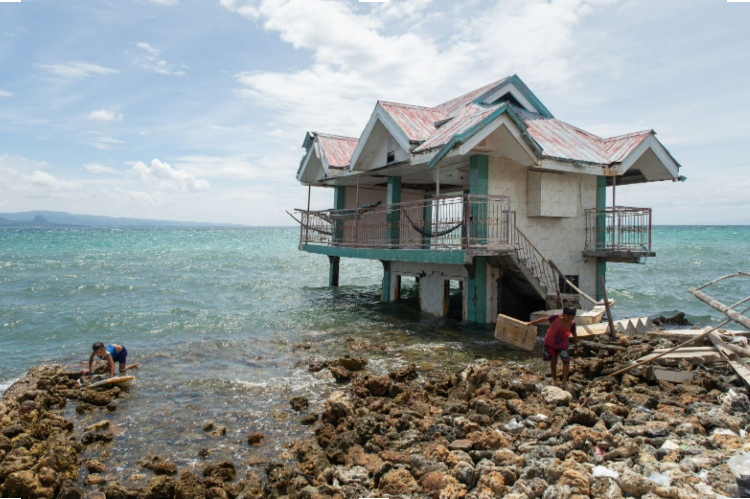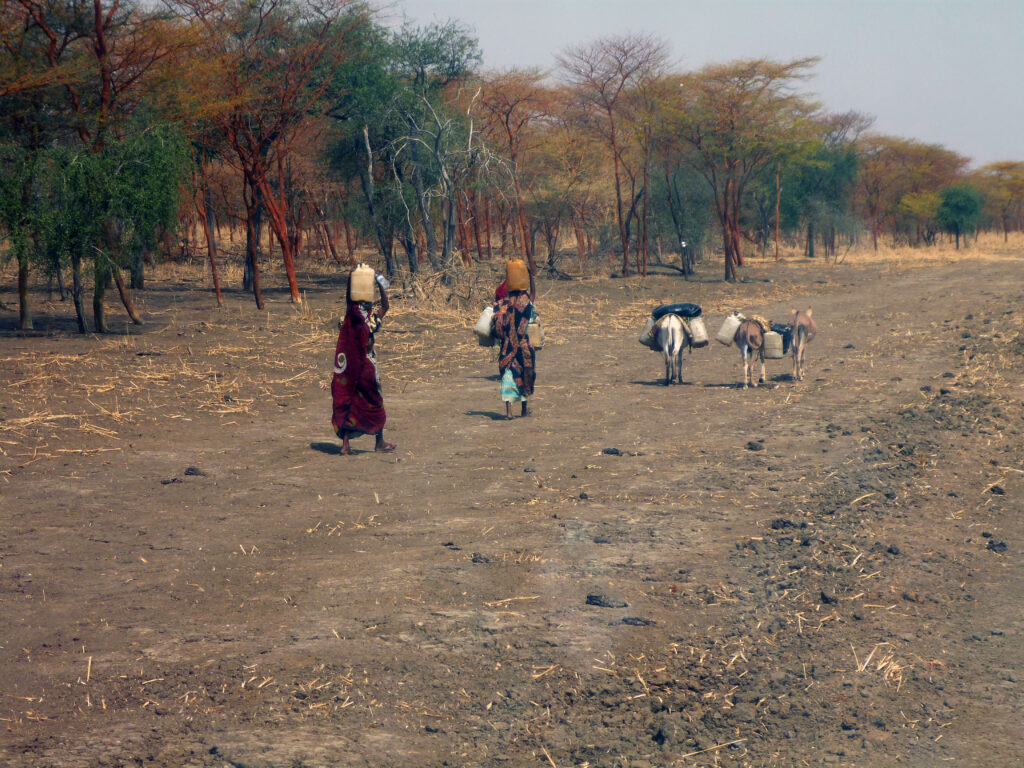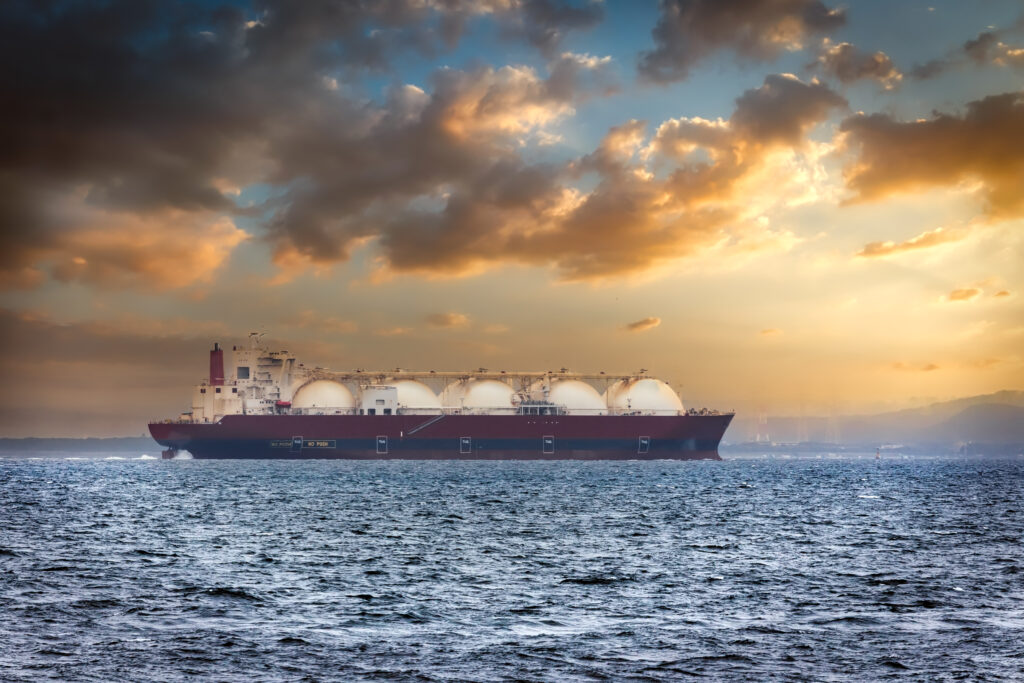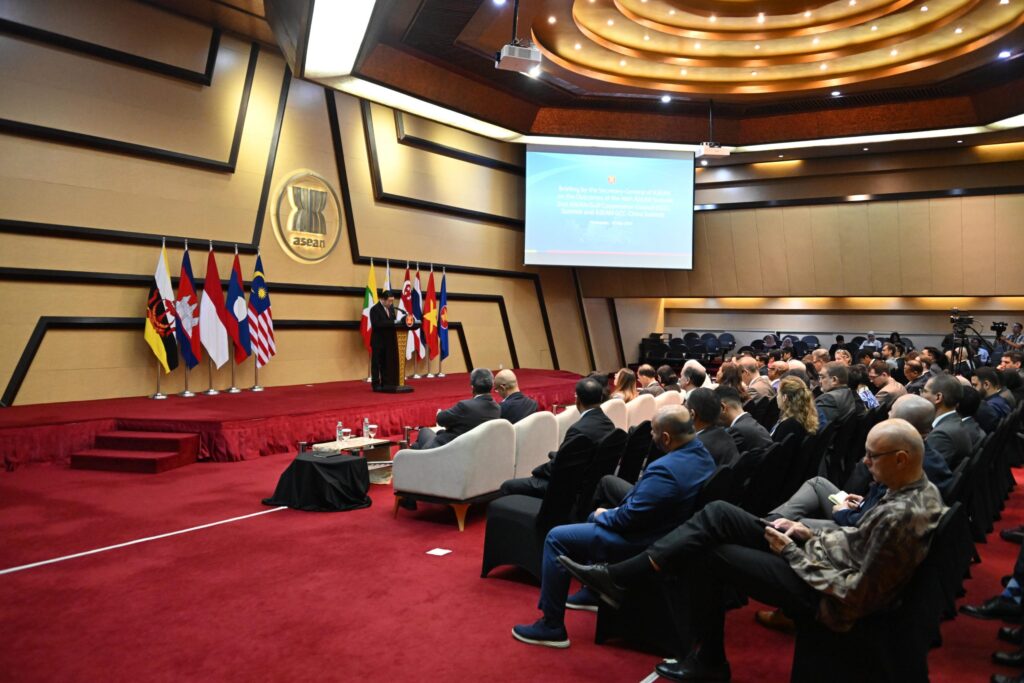Three decades ago, the globe was in the midst of setting up the first agreements on climate change – albeit rather unsuccessfully. In those rooms were those who foresaw a warmer climate that outsized its impacts on vulnerable communities and nations. Robert Van Lieropt, who represented the Pacific island of Vanuatu during those early discussions, pushed for industrialised countries to compensate small island states for the losses and damages they would face under a warmer climate.
“We knew that the peril to the smaller countries… was quite a pronounced threat, and that we didn’t want to just have a talking session,” said Van Lierop in an interview with Carbon Brief. He recalled that the efforts were an attempt to ensure that small island countries weren’t forgotten in the shadows of larger, more powerful nations. Their proposal was instantly rejected.
Some 30-odd years later, at the climate conference COP27, an agreement on setting up a loss and damage fund was made, which some opined was better late than never. However, the beginning phases have not been without their hiccups – most notably, the argument between Asian countries over which ones are represented. One committee member, talking anonymously, said to Climate Home News: “It’s a fractious region. Everyone hates each other. They have almost each had a war with the other and border skirmishes.”
The 24 countries are meant to present recommendations for a loss and damage fund later this year at the next UN climate conference, COP28. This includes aspects like who will pay, who will receive and who will distribute. The recommendations will, no doubt, stoke rivalries and pressures in the already contentious process of deciding what the world should do about climate change, which is likely why the notion of loss and damage was ignored for decades.
While definitions of what constitutes climate change loss and damage will determine the dollar figure, the estimates are enormous. Research in 2019 projected that losses and damages will range between USD 20 to 580 billion by 2030, with this soaring between USD 1.1 and 1.7 trillion in 2050. The figures are bound to mount as the years pass without drastic action on drawing down greenhouse gas emissions. However, no matter how the monetary figures balloon, the figure fails to represent the non-monetary losses and damages. Consider the concepts of home, identity, culture and, indeed, the notion of statehood for countries and peoples once a piece of land becomes uninhabitable.
“We are being told that we may have to abandon our islands, the places where our ancestors have been buried, where our children have a home and an identity,” said former President of Kiribati, Anote Tong. For an island country like Kiribati, the difference between say 1.2°C of warming and 1.5°C is not just symbolic but is consequential. Former President Tong described it as “a matter of life and death”.
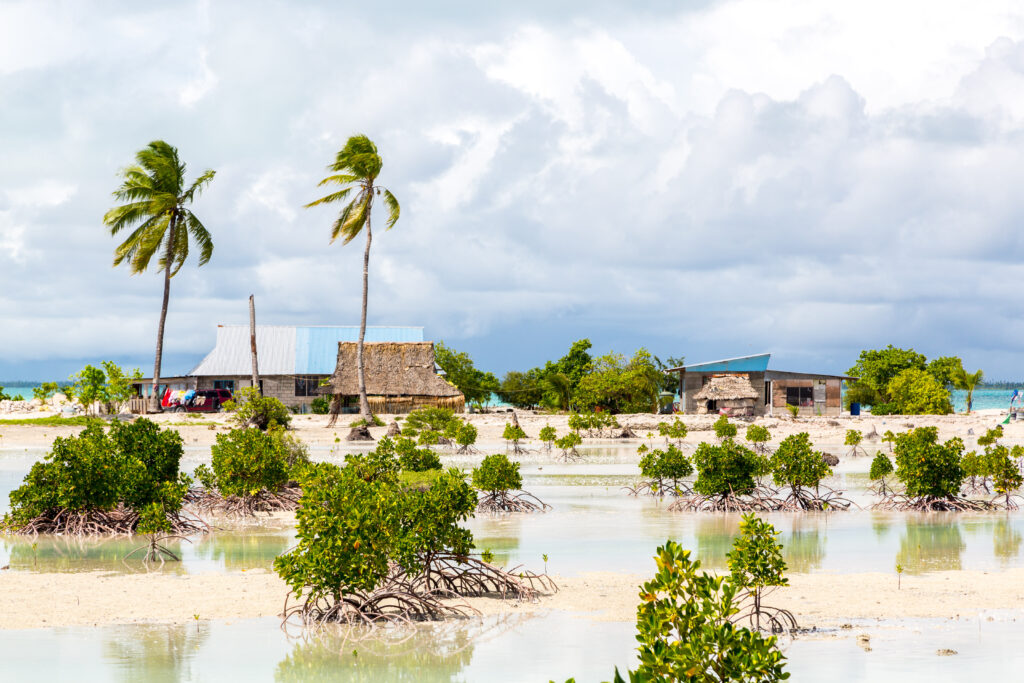
More severe cyclones, aggravated by sea-level rise and other issues facing the Pacific Islands, add to the growing sense of urgency as climate negotiations continue to drag on. In March 2023, Vanuatu, one of the first countries to propose the loss and damage fund decades earlier, was hit by two category four cyclones just days apart. The country reeled from the disaster, with people having nowhere to turn, no economic resources to properly adapt and rebuild completely and tragically and little-to-no individual political power to pressure governments or industries to stub the fossil fuel fire.
Indeed, parents in the Marshall Islands are now naming their children by the names of islands that could soon become uninhabitable. Ellen Milne, a Marshall Islander and mother, explained the choice of her daughter’s name to The Guardian as “giving her something that connects her to her Marshallese roots”.
Tuvalu, another Pacific Island, has said that it would upload its entire nation to the metaverse. “The tragedy of this outcome cannot be overstated,” said Simon Kofe, Tuvalu’s minister for justice, communication and foreign affairs. “Tuvalu could be the first country in the world to exist solely in cyberspace – but if global warming continues unchecked, it won’t be the last.”
These examples are just a preview of some of the emotionally-laden ways regions like the Pacific Islands are grappling with the notion of climate change’s impacts on their homes and cultures.
Despite these challenges, the establishment of the new loss and damage fund is no small feat. This was, indeed, helped by the cascading effects of the extreme weather events that shook the globe last year. But, as many in the Pacific Islands can attest, the writing is on the wall. While the fund won’t stop compounding the climate-related impacts, symbolically speaking, it finally acknowledges the unignorable human and natural cost of modern life. Practically speaking, it offers a temporary lifeline to those facing immediate threats to fundamental human rights like clean water, housing and health.
Yet, challenges abound. Salmeemul Huq, the director of the International Centre for Climate Change and Development, recently implored the new loss and damage committee to not “operate in ‘UNFCCC time’”. In other words, resist talking for years, delaying the disbursement of loss and damage funds. “Do not make ‘perfect’ the enemy of ‘good enough’!” said Huq. While these requests could go by the wayside, disasters often do have a silver lining: They are often the times when people let go of their agendas, interests and identifications.
For countries hit hard by climate change’s impacts, Huq’s message couldn’t be more consequential. Yet, arguably more important is reining in unconstrained fossil fuel use. Without this, a loss and damage fund would be akin to paying lip service to an issue of our own making.
This notion was, once again, as pertinent as ever for Vanuatu after it reeled from two category four cyclones just days apart in March 2023. Ralph Regenvanu, the country’s lead voice on climate change, pleaded for global action to limit warming soon after the disaster hit his country. “We know what needs to be done to keep 1.5°C alive, and are aware of the small and shrinking window which we have left to achieve it,” said Regenvanu. “We are doing our part and urge the rest of the world to do theirs,” he added.
Much rests on the climate conference COP28 in Dubai later this year.
Ashley Crowther
Writer, Australia
Ashley has reported on and photographed key stories on climate change, social development and other issues throughout Asia for nearly a decade. His work has been commissioned and appeared in publications such as the Financial Times, Vice, Marie Claire, The Guardian and more, and NGOs including the UN Foundation. He is the author and lead photographer in Our Dark Materials: Black Carbon & the Himalayas and was part of the team that won The Society of Publishers in Asia (SOPA) award for Excellence in Human Rights Reporting in 2022.
Ashley has reported on and photographed key stories on climate change, social development and other issues throughout Asia for nearly a decade. His work has been commissioned and appeared in publications such as the Financial Times, Vice, Marie Claire, The Guardian and more, and NGOs including the UN Foundation. He is the author and lead photographer in Our Dark Materials: Black Carbon & the Himalayas and was part of the team that won The Society of Publishers in Asia (SOPA) award for Excellence in Human Rights Reporting in 2022.

